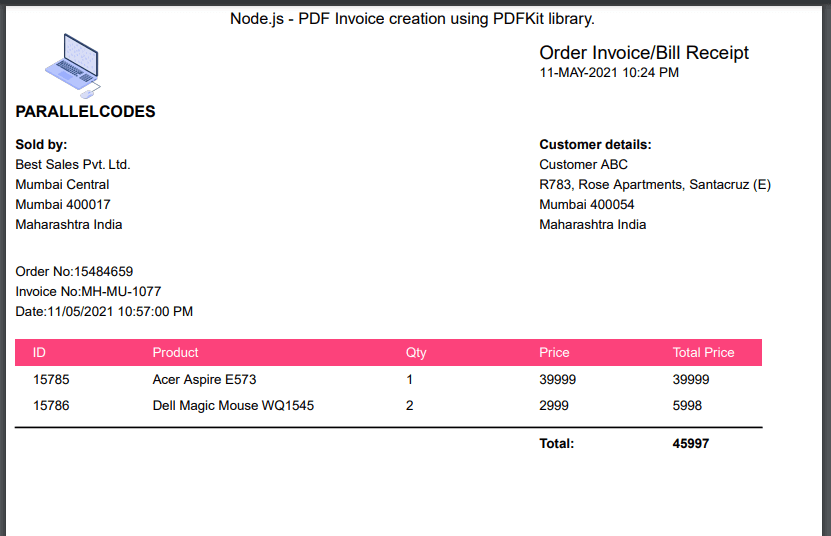
- #Pdfkit update exciting pdf pdf#
- #Pdfkit update exciting pdf update#
- #Pdfkit update exciting pdf free#
That way, anyone can develop their own conversion process pipeline with ease. In the long term, I believe we should have a toolkit that can easily be plugged into a wider orchestration engine like Conductor ( ). If a complex retry mechanism is needed, we think this should be accomplished in the client application. If a HTTP call fails, we will know about it immediately. Fathers Day Fun Legends of the Hidden Temple.
#Pdfkit update exciting pdf pdf#
Taken together, for our specific use cases, we believe it is a lot simpler to consume a synchronous API. money holder with included chore coupons, printable PDF kit - INSTANT download. I mean, the solution can be as easy as introducing a centralised message queue of sorts (or even a sticky session), but that complicates the set up process, so we decided against it.
#Pdfkit update exciting pdf update#
introduce node replicas behind a load balancer), as if we tried to get / update a job, we may not get the same node we originally got. The problem with this however, is that we can't as easily scale horizontally (i.e. Indeed, when we were refactoring `athenapdf`, we considered introducing a message queue for workers to pull work from, and to put back when the work completes. I consider asynchronous processing (in this context) as advantageous in some cases. As a plus, it gave us some confidence that if it works for us, it should work for others (obviously, we have come across cases where Docker behaves differently across platforms). We actually went with Docker for the set up because it simplified dependency management tremendously, and it allowed us to deploy on platforms like Kubernetes, Swarm, and ECS. That's interesting feedback! Thank you :) So you don't need to run a service or make API calls for conversions.

We also have a CLI assembly that can support custom JavaScript plugins (e.g. Synchronous API calls (`pdf-bot` appears to be mostly asynchronous, with batch processing, and callbacks)ĥ. Import PDFDocument from pdfkit: import as PDFDocument from 'pdfkit' Next, create a function within your service to generate your PDF. yarn add pdfkit yarn add -dev types/pdfkit NestJS Service Suppose you have a NestJS service that’s decorated with the Injectable () decorator.
#Pdfkit update exciting pdf free#
retry using the same converter or retry using a different converter)Ĥ. You are free to use your favourite package manager such as npm. Support for different retry mechanisms (e.g. Instrumentation, and metrics (which `pdf-bot` appears to currently lack)Ģ. With our microservice assembly as well, we are focused heavily on ensuring we have:ġ. wkhtmltopdf, LibreOffice, Weasyprint, etc).

With `athenapdf` however, we are moving more, and more towards building a toolkit or rather, framework for other people to construct their own conversion processes (or even microservice).Ĭonsequently, we are working towards general abstractions like fetching, converting, and uploading, that can have different implementations (e.g. But, I may be biased.įor example, `pdf-bot` seems to be tied exclusively to a specific converter, and storage backend. I had a quick look at `pdf-bot`, and though we both rely on the same underlying technology (we are only just moving to headless Chromium we were on Electron before), I believe we have slightly different ambitions with our respective project.


 0 kommentar(er)
0 kommentar(er)
